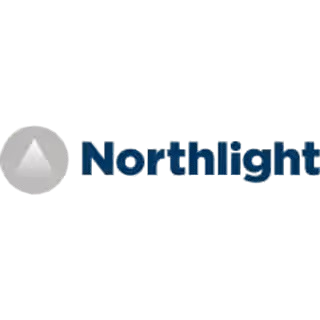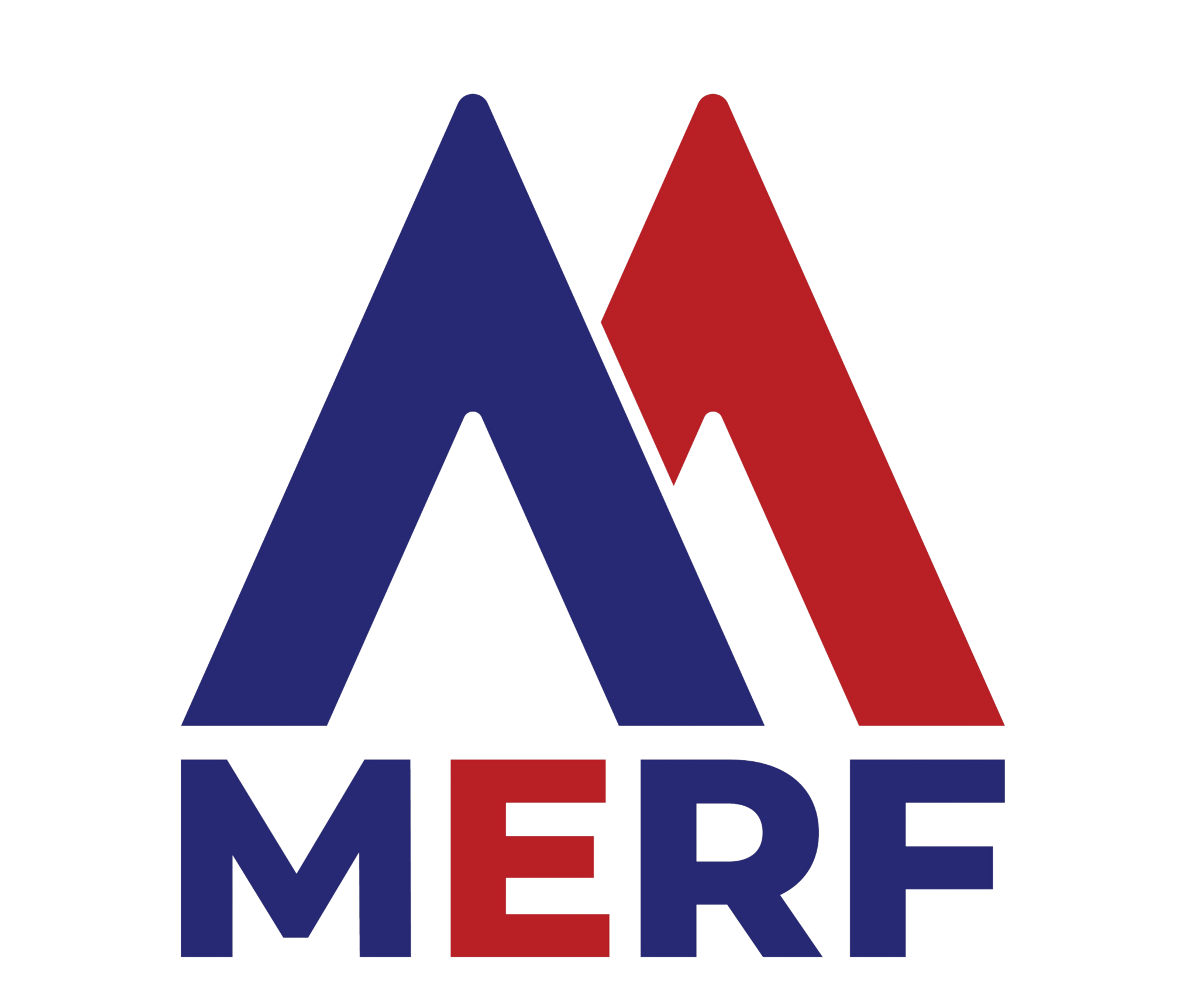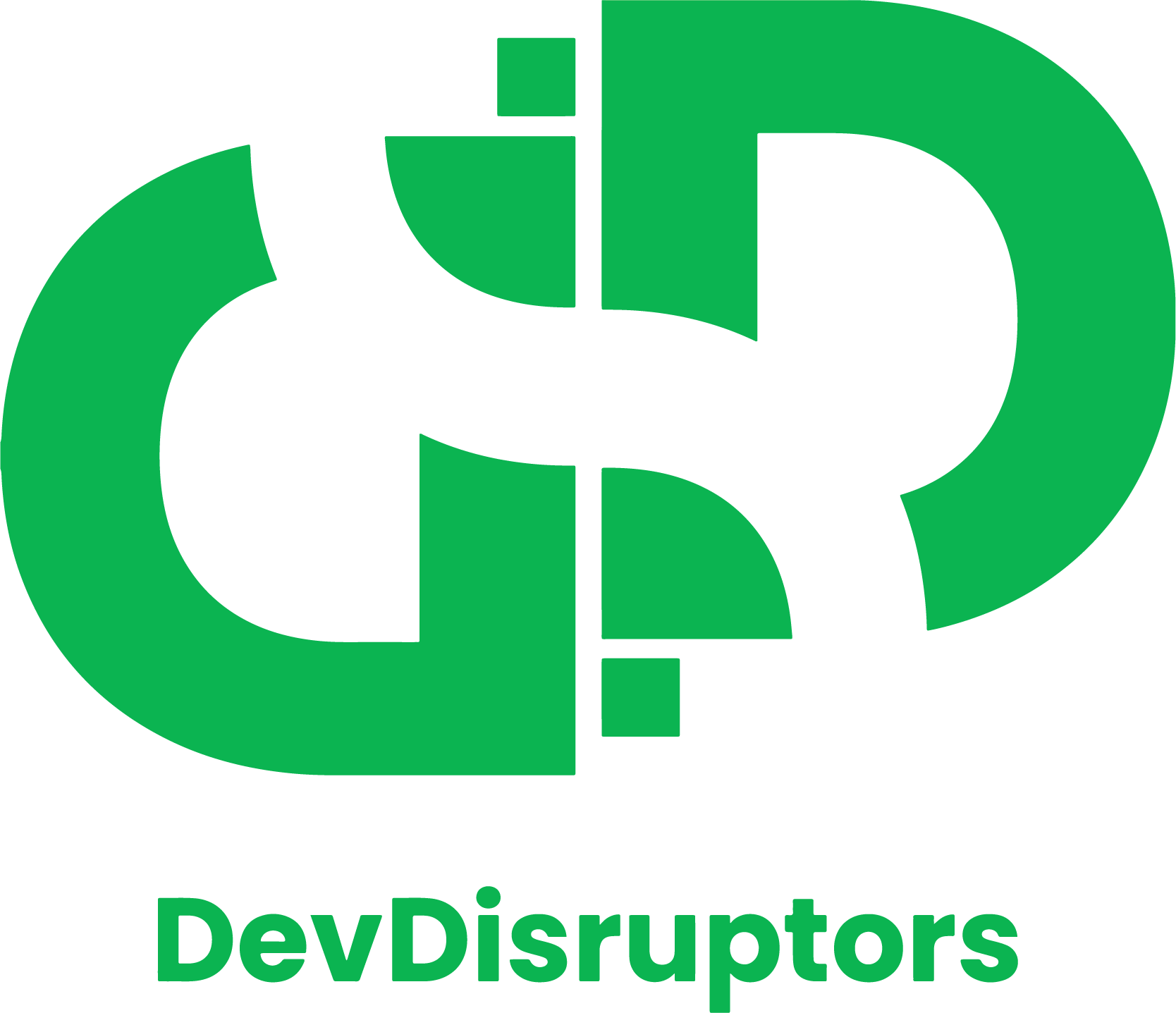Cloud Application Development CompanyScale your platforms. Optimize resources. Improve security.
Access the Top Tech Talent instantly. Deliver flexible solutions for managing and retrieving content from practically any location.

500+ companies rely on our top 1% tech talent.





Cloud Application Development Services We Provide
Custom Application Development
Cloud-native environments offer businesses efficiency and scalability. With custom cloud application development, you can optimize processes and enhance collaboration. Our experts tap into cloud technologies and platforms to build custom cloud solutions. They include AWS Lambda for serverless computing, Kubernetes for container orchestration, Amazon S3 for scalable object storage, and AWS Identity and Access Management (IAM) for access control and encryption protocols.
Cloud Migration
Cloud migration moves existing applications and infrastructure to the cloud on platforms like AWS and Azure. This allows businesses to embrace a more flexible and scalable IT environment. We help you harness the full potential of these cloud platforms by assessing your existing systems and migrating workloads. AWS Server Migration Service automates server migrations, AWS Database Migration Service and AWS Snowball move databases, and AWS Migration Hub centralizes tracking. We also use tools like CloudEndure to ensure a smooth and secure migration process.
Cloud Infrastructure Management
Cloud infrastructure is the backbone of modern businesses, providing the foundation for flexible and efficient IT operations. Managing the infrastructure is important for making the most of cloud resources, ensuring security, and maximizing the performance of cloud applications. We use technologies like AWS CloudFormation for infrastructure as code (IaC) and Google Cloud Deployment Manager to automate resource management. We also leverage cloud-native management services like AWS CloudWatch and Azure Monitor.
Cloud Deployment
Cloud deployment is a critical part of making cloud applications accessible to users over the internet. It also improves the scalability of cloud infrastructures. Our developers utilize tools like AWS Elastic Beanstalk for easy application deployment and scaling, Azure App Service for seamless deployment on Azure, and Google App Engine for building and deploying applications on Google Cloud. We also implement continuous integration and continuous deployment (CI/CD) pipelines.
Software Integration
Software integration enables seamless communication and collaboration between various software applications and systems. Integration ensures the efficient flow of data so organizations can leverage the full potential of their technology stack. We connect and synchronize software applications with integration platforms like MuleSoft, Apache Camel, and Dell Boomi. We also prioritize the security of data in transit by implementing measures like OAuth for secure authentication and data encryption.
Cloud Support and Maintenance
Cloud support and maintenance ensure the ongoing efficiency, security, and reliability of cloud-based applications. Proactive management and the timely resolution of issues are crucial for businesses to maximize the benefits of cloud investments. We use performance-monitoring tools like AWS CloudWatch and Azure Monitor to support cloud operations. We also automate management with solutions like AWS Systems Manager and Azure Automation.
ENGAGEMENT MODELS
HOW WE HELP
Key Things to Know About Cloud Application Development
1. Scalability and Flexibility
Cloud application development provides scalability and flexibility so you can adapt to changing demands and scale resources. Automate processes and facilitate accessibility without sacrificing security.
2. Cost-Efficiency and Resource Optimization
Cloud-based applications eliminate the need for significant upfront investments in hardware and infrastructure. Cloud platforms like AWS, Azure, and Oracle offer tools for resource optimization to streamline operations, reduce downtime, and allocate resources more effectively.
3. Enhanced Collaboration and Accessibility
Cloud applications enhance collaboration and accessibility by providing centralized and secure access to data and tools. Team members can collaborate in real-time, irrespective of geographical locations. The accessibility of cloud applications from various devices improves communication and teamwork, contributing to increased productivity and innovation.
Cloud apps have versatile use cases, from scaling web applications and storing data to providing development and testing environments. They’re particularly beneficial for businesses aiming to streamline operations, enhance security and collaboration, and leverage cost-effective solutions within an efficient infrastructure. Thanks to the decentralized nature of cloud-based solutions, anyone can access and share data from the cloud.
Cloud computing has become integral to various industries, transforming the way businesses operate and handle data. Some industries that rely on cloud computing include:
- Information technology
- Healthcare
- Finance
- Education
- E-commerce
- Manufacturing
- Telecommunications
- Entertainment
- Retail
- Government
- Transportation
- Energy
- Media
- Real estate
- Hospitality
- Versatile platforms: Cloud application development supports various platforms, including Infrastructure as a Service (IaaS), Platform as a Service (PaaS), and Software as a Service (SaaS). This offers developers diverse options based on project requirements.
- Integration Capabilities: Cloud development seamlessly integrates with other cloud services and APIs, facilitating interoperability and enhancing the functionality of applications.
- Accessibility: Because the cloud exists online, anyone with the proper credentials can tap into it from locations with internet access, streamlining the transfer of data and the deployment and scaling of applications.
- Cost-efficiency: Cloud development provides cost-effective solutions since businesses can leverage scalable resources and, in some cases, pay-as-you-go models. They also avoid substantial upfront investments in hardware and infrastructure.
- Security: Cloud application development prioritizes security with features like encryption and identity management, protecting businesses against cyber threats.
- Continuous Deployment: Developers can deliver updates and new features rapidly and efficiently thanks to continuous integration and continuous deployment (CI/CD) practices.
- Containerization: The use of containerization technologies like Docker and Kubernetes is prevalent in cloud development, enabling efficient packaging and deployment of applications.
- Serverless Computing: Cloud platforms boost productivity by allowing developers to focus on writing code instead of managing underlying infrastructures.
- AI and Machine Learning Integration: Cloud platforms provide services for integrating artificial intelligence and machine learning into applications, fostering innovation and informed decision-making.
- Comprehensive Support: Businesses benefit from extensive community support, documentation, and a wide range of tools and services offered by leading cloud providers.
Our experts have been working alongside in-house teams for over a decade.
- React
- Angular
- Node.js
- Java
- C++
- .NET
- Vue.js
- JavaScript
- Python
- Golang
- React
- Angular
- Node.js
- Java
- C++
- .NET
- Vue.js
- JavaScript
- Python
- Golang
- Swift
- Figma
- Adobe
- C#
- PHP
- iOS
- Android
- Python
- WordPress
- Swift
- Figma
- Adobe
- C#
- PHP
- iOS
- Android
- Python
- WordPress
How to start with Us
Our process. Simple, seamless, streamlined.

Step 1
Join exploration call.
Tell us more about your business on a discovery call. We’ll discuss team structure and approach, success criteria, timescale, budget, and required skill sets to see how we can help.
Step 2
Discuss solution and team structure.
In a matter of days, we will finalize your project specifications, agree on an engagement model, select and onboard your team.
Step 3
Get started and track performance.
Once we’ve agreed on milestones, we’ll immediately get to work. We’ll track progress, report updates, and continuously adapt to your needs.
Frequently Asked Questions (FAQ)
Cloud services generally fall into 4 main categories:
- Infrastructure as a service (IaaS) provides instant computing infrastructure over the internet. The IaaS provider maintains and updates the infrastructure while you focus on managing the software running on it.
- Platform as a service (PaaS) is a step beyond IaaS. It provides the same infrastructure (servers, storage, and networking) over the internet but adds middleware, development tools, BI services, and more. It's ideal for companies that want to manage the applications they develop while the cloud provider handles the infrastructure.
- Software as a service (SaaS) encompasses IaaS and PaaS services and adds ready-made cloud-based apps over the internet. In other words, using SaaS means that you pay to use an app developed by a third party that runs on the cloud. The provider is responsible for the underlying infrastructure and middleware while you focus on using the software.
- Serverless services are similar to PaaS services in that they provide everything you need to develop cloud-based applications, including infrastructure and development tools. However, serverless services are more agile and scalable but provide less control over the development environment.
There are 3 different types of cloud computing models:
- The public cloud delivers resources through the internet across different organizations.
- The private cloud is a model in which the cloud is strictly devoted to the needs and requirements of your organization.
- The hybrid cloud combines the public and private cloud models with the aim of overcoming their drawbacks.
Cloud computing offers numerous benefits, such as scalability, flexibility, accessibility, disaster recovery, improved collaboration, resource optimization, and greater agility.
While web and cloud applications function in similar ways, they have different architectures. Cloud-based applications operate within a cloud environment but process tasks on a local device. There is no need for an internet connection while you're using the app—just when you're uploading or downloading data. Web applications, in contrast, must always be connected to the internet to work. That's because software is constantly being downloaded from the internet when the app is running. In other words, cloud apps can work when you're offline, while web apps can't.
Cloud technology offers many benefits, but it can affect data privacy. It's critical to understand and mitigate the risks associated with storing sensitive data on the cloud. Ensure that the provider you choose offers robust cloud security tools, implements data encryption and user access controls, and complies with data regulations in your areas of operation. Additionally, evaluate the mechanisms they have in place for detecting data breaches and cyber-attacks and resolving problems before they escalate.
Cloud computing changes how businesses manage business and IT operations. It offers benefits like cost savings, greater efficiency, security, scalability, flexibility, and disaster recovery mechanisms.
Cloud computing and traditional web hosting are two different digital solutions for offering computing services. Cloud computing is a more flexible and scalable model, while traditional web hosting is less scalable, flexible, and accessible. Scaling a traditional hosting model typically requires physical hardware manipulations.
Cloud migration is the process of moving operations to a cloud environment. This involves transferring data, IT processes, and applications to the cloud from physical hardware or other cloud environments.
There are many factors to consider when choosing a cloud app development company, such as the provider's reputation and portfolio, experience in your niche, and key specializations. It's also important to consider your project requirements and the type of engagement model you need. We offer three engagement models: staff augmentation, dedicated teams, and end-to-end software outsourcing.
Looking for reliable Cloud Application development services?
See how we can help.

